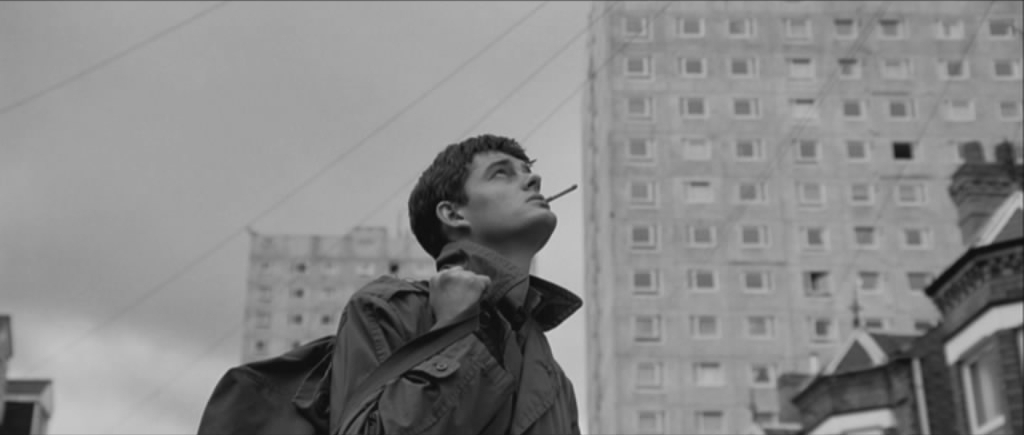
And when John Cooper Clarke came on playing himself, a support act to Joy Division when they were called Warsaw, I pretty well levitated out of my seat with sheer happiness, and had to be tied back down with guy-ropes. It all looked so vividly real to my fortysomething eye that, frankly, I thought I'd died and gone to Q-magazine-reading 50-quid bloke heaven.
Control ian curtis movie jacket tv#
It is all minutely observed period stuff, yet without the need to drag out the cliches, the Spacehoppers and the TV clips of Mrs Thatcher. The music is superbly convincing: especially Curtis's weird crooning groan of a voice, with bizarre hints of a funereal Bing Crosby, along with Bowie and Reed. The other co-stars are all the little details captured by Ruhe's camera: the English decor of the working- and middle-class, the streets, the gigs, the halls, the sheer backstage grot of everything captured in passionate, particulate detail, and the black-and-white photography makes Macclesfield look perversely gorgeous.

Toby Kebbell is brilliant as the band's wisecracking manager, Rob Gretton, and Craig Parkinson does Tony Wilson's memory proud, playing the remarkable aesthete-entrepreneur who put Joy Division in front of the television cameras. Sam Riley is outstanding as the sensitive, awkward Curtis, and Samantha Morton gives a career-best performance in the self-effacing role of Deborah, his almost child bride, the teenage sweetheart whose heart he was to break - with his own shattered as collateral damage. It's a film that says goodbye to the English 1970s as fiercely as Withnail bade farewell to the 60s.
Control ian curtis movie jacket how to#
And all this in an impossibly distant age when no one seemed to have the smallest clue how to manage either chronic illness or pop music careers. It is the best film of the year: a tender, bleakly funny and superbly acted biopic of Curtis, the legendary lead singer of new wave band Joy Division, who in 1980 committed suicide on the eve of his first US tour: suffering from epilepsy and depression, agonised by a failing marriage, stunned by the ambiguous waves of violence and nihilism his music had unleashed and terrified by the accelerating bandwagon of celebrity.

I an Curtis's great and terrible prophecy, the one about love tearing us apart, is followed through to its fulfilment in Anton Corbijn's glorious movie, filmed in stunning high-contrast monochrome by cinematographer Martin Ruhe.


 0 kommentar(er)
0 kommentar(er)
